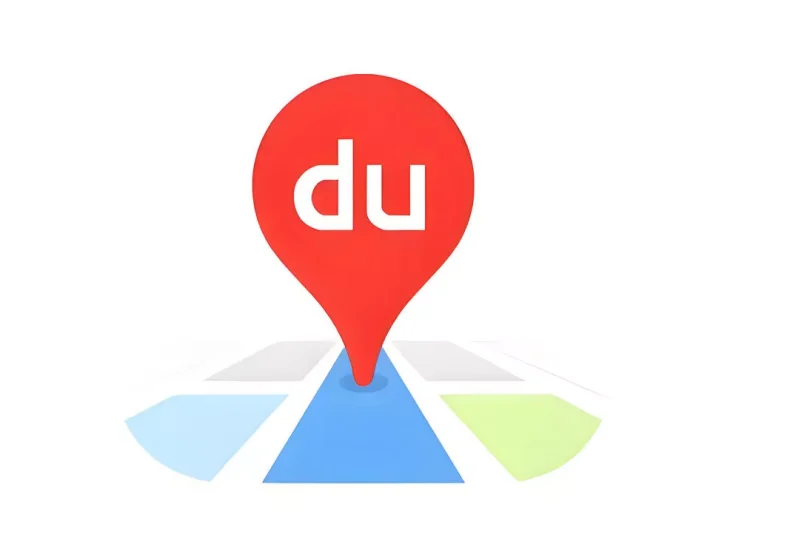
Are there any language barriers when using local map apps?
You’ve raised a super valid point! Let’s dive into the linguistic barriers folks might face when using local map apps.
Language Barrier Breakdown
🌐 UI Language:
- Most Chinese map apps default to Simplified Chinese.
- Some offer English or other languages, but the choices are limited.
🚩 Place Names:
- Many apps only display Chinese characters, no Romanization or English translations.
- This can be tough for foreigners to decipher.
🔍 Search Functions:
- You might need to input destinations using Chinese characters.
- Pinyin input methods are available, but still tricky for those who aren’t familiar with Hanyu Pinyin.
🗣️ Navigation Instructions:
- Voice and text directions are usually in Chinese.
- This poses a challenge for folks with limited hearing or reading abilities in Chinese.
Solutions
🌐 Multilingual Map Apps:
- Baidu Maps: Offers an English interface option.
- Gaode Maps: Has some English support, but fewer features.
👾 Use Translation Apps:
- Mobile translation apps (like Baidu Translate or Google Translate) can help decipher Chinese interfaces.
- Copy and paste Chinese addresses into these apps for translations.
🧑🎓 Learn Basic Characters:
- Study some common place names, directions in Chinese before your trip.
- Commit to memory the Chinese characters for key landmarks like airports, stations, hotels.
🖼️ Use Image Search:
- Some map apps support searching for destinations by image, which is more friendly for those with language barriers.
🤝 Seek Local Help:
- Ask staff at hotels or info centers—they often have English skills.
- Consider hiring a guide, especially in areas where language differences are more pronounced.
Tips
🙆 Before you set off, download and familiarize yourself with at least one local map app that supports multiple languages.
🙆 Download a mobile translation app that works offline.
🙆 Create a vocab list of useful place names and phrases.
🙆 Consider a smart watch with GPS; these tend to have simpler, multilingual interfaces.
🙆 Look out for English signage at key locations like airports, stations.
🙆 Consider learning some basic Mandarin—it’ll enhance your independent travel experience tenfold.
Wrap Up
Yes, language barriers are a thing, but with the right prep and tools, they’re surmountable. And remember, language differences are a key aspect of cultural exchange. You might find many locals keen to help you, even if their English is limited. That’s the beauty of travel—breaking down language barriers and immersing in different cultures.
Have a fab time in China! 😊👋
Leave a Reply